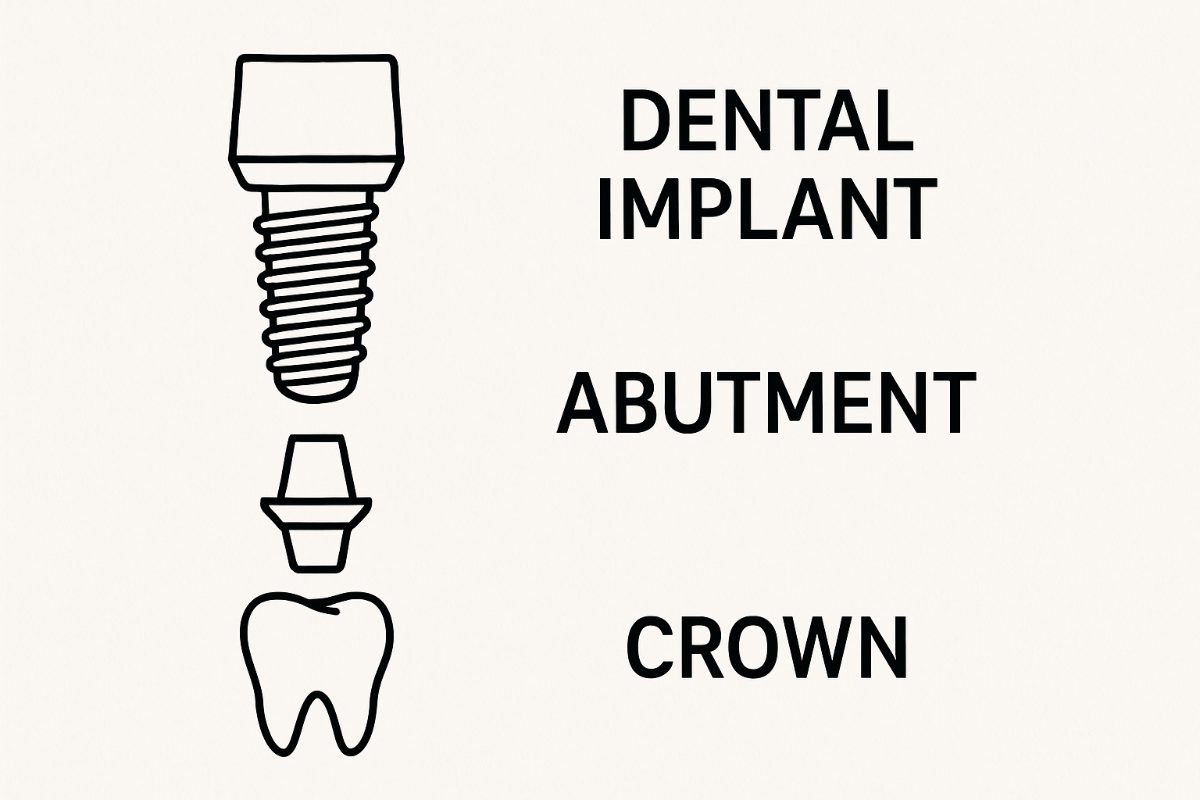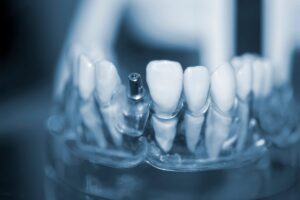Guide To MoArk Dental & Implants Dental implant names refer to the common terms dentists use to describe implant types, materials, shapes, and systems. This short guide covers common names, what they mean, how names relate to treatment, questions to ask, and next steps for care. It’s a practical ~500-word overview to help you understand options like endosteal, zygomatic, mini, and All‑on‑X, and how those names can affect your treatment plan.
Common dental implant names and what they mean
Endosteal (root-form) implants
Endosteal implants are the most common dental implant names you’ll hear. They are placed directly into the jawbone and act like a tooth root. Most are made from titanium; zirconia is an alternative for metal-free needs.
Subperiosteal implants
Subperiosteal is a name for implants that sit on the bone under the gum rather than in the bone. Dentists use them when jawbone height is too low for endosteal implants and grafting is not desired.
Mini implants
Mini implants are narrow-diameter implants. They’re a common dental implant name for smaller spaces or to stabilize dentures. They may be less invasive but are not always suitable for full-load restorations.
Zygomatic implants
Zygomatic is a specialist implant name for very long implants anchored in the cheekbone (zygoma). This option helps patients with severe upper jaw bone loss avoid multiple bone grafts.
All‑on‑X / full‑arch names
All‑on‑4 or All‑on‑6 are shorthand names for fixed full-arch implant solutions using 4 or 6 implants to support a full set of teeth. These names describe the overall approach rather than a single implant piece.
Implant-supported crown, bridge, denture
These prosthetic names describe what attaches to implants: a single crown, an implant bridge, or an implant-supported denture. The prosthetic name is often used along with the implant type.
How naming is based on design or material
By material: titanium vs zirconia
Material names show what the implant is made of. Titanium is strong and well-studied. Zirconia is tooth-colored and metal-free. The material can affect healing, appearance, and allergy concerns.
By shape: tapered vs cylindrical
Shape names like tapered or cylindrical describe the implant form. Tapered implants mimic natural roots and can offer better initial stability in some bone types. Shape influences fit and surgical approach.
By connection: internal vs external hex, morse taper
Connection names refer to how the implant and abutment join. Terms like internal hex or morse taper affect how parts fit, long-term stability, and the availability of replacement parts.
Brand and system names vs generic types
Brand names identify the manufacturer’s system (examples: Straumann, Nobel, etc.). Generic types (like endosteal) describe the basic concept. Dentists choose systems based on training, parts availability, and long-term support.
What “dental implant names” tell you about treatment and outcomes
The name can hint at surgical approach, healing time, and whether a specialist is needed. For example, zygomatic implies a more complex surgery; All‑on‑4 suggests faster full-arch restoration. Names can also signal likely need for grafting or immediate vs staged loading.
Questions to ask your dentist about implant names
– Which implant type and brand are you recommending and why? – How does this choice match my bone and esthetic goals? – What are success and complication rates for this implant name? – Who will perform the surgery and who will do the restorations? – What is the timeline, cost, and maintenance for this option?
About MoArk Dental & Implants and their implant program
MoArk Dental & Implants offers same-location care in Thayer, MO, with a multidisciplinary team handling every phase from 3D diagnostics to surgery and custom restorations. Their program uses Yomi robotic guidance, Medit scanning, exocad design, Zirkonzahn and DWX milling, and SprintRay 3D printing to control quality and speed. Doctors tailor implant types and brands to each patient’s bone, esthetic needs, and long-term goals.
Next steps
To learn which dental implant names in Thayer, MO apply to your case, schedule a consultation. MoArk offers flexible financing (CareCredit, Proceed Finance, Cherry, LendingClub, Alphaeon, Momnt, TuaPay) and a clear plan so you know costs, timeline, and expected outcomes.




